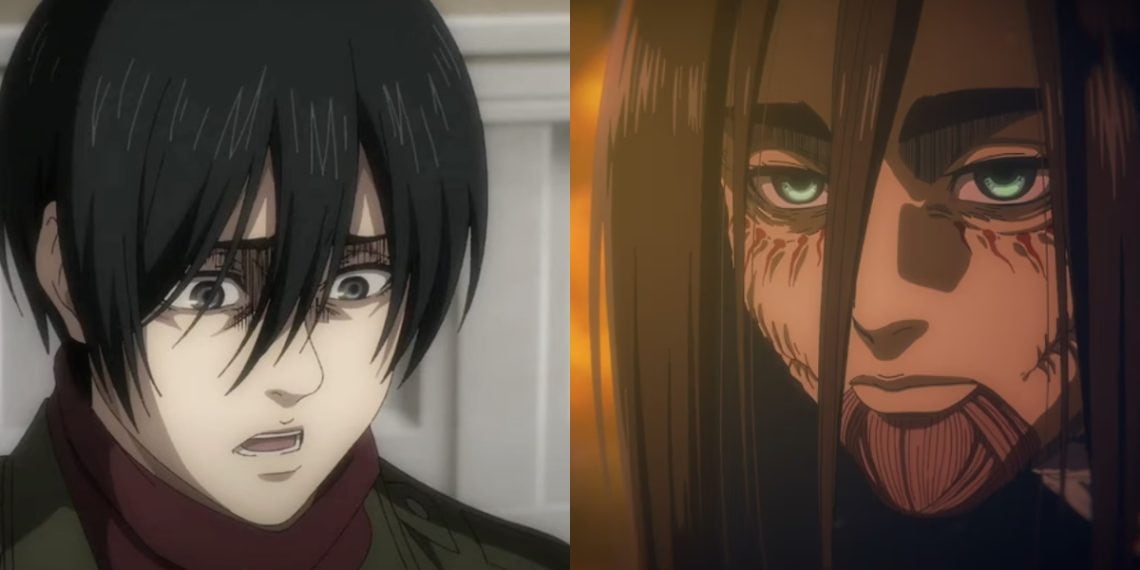Despite the Attack on Titan manga concluding its story back in 2021, fans of the anime adaptation had to wait until November 4th, 2023 to see the climactic final episode animated.
Reactions have been mixed, with some viewers feeling let down by how certain plot threads wrapped up while others are simply relieved to get closure after following the complex saga for so long.
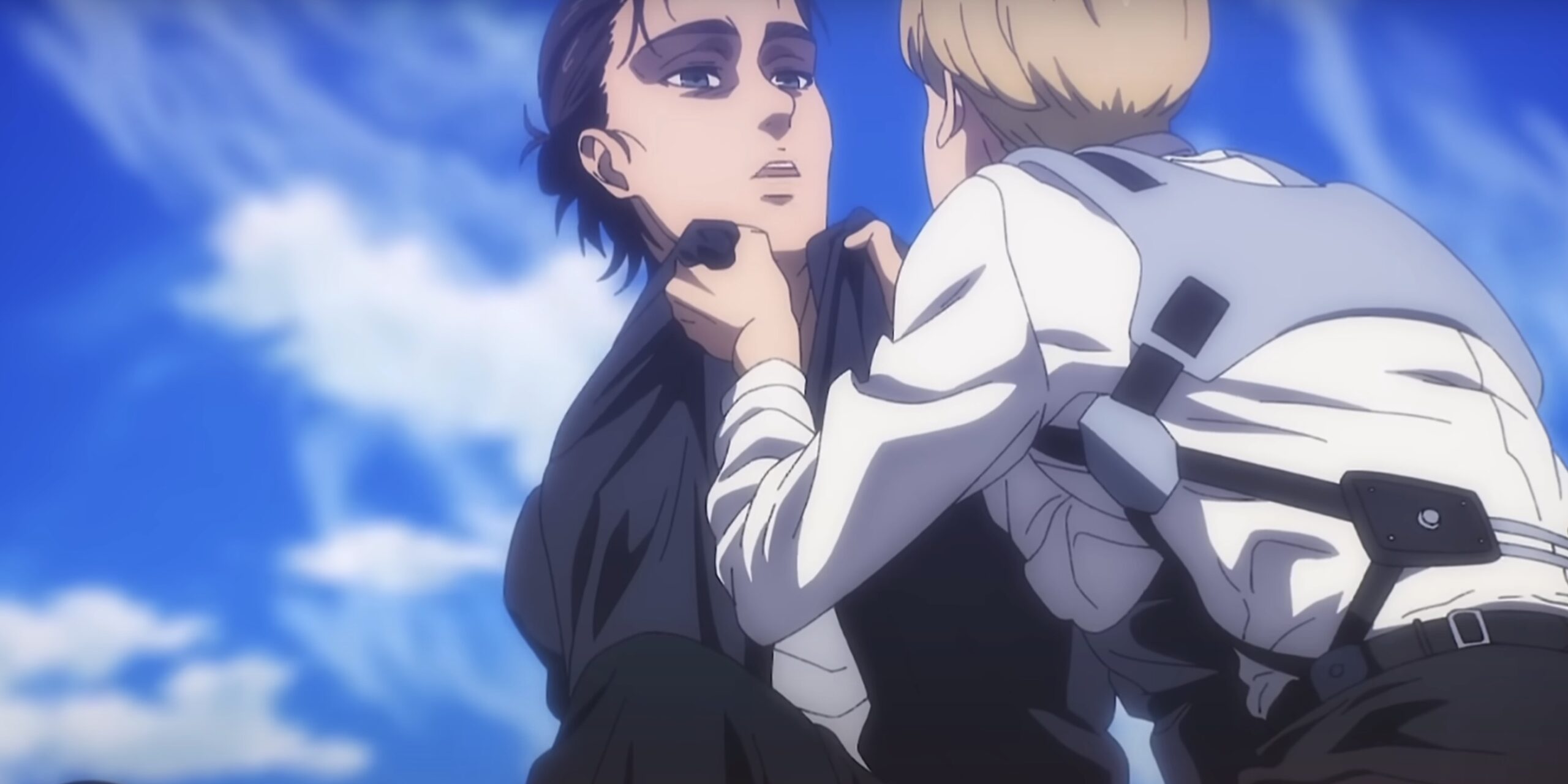
There were glimpses of hope in the tragedy for several key characters who survived to the end. However, not every fan favorite made it out alive – deaths were expected in a grim series like Attack On Titan.
Nonetheless, heavy losses along the way served a narrative purpose – Eren’s devastating Rumbling plan still wiped out 80% of humanity but those that endured now stand a chance to break free from the cycles of hatred between Eldians and the rest of the world.
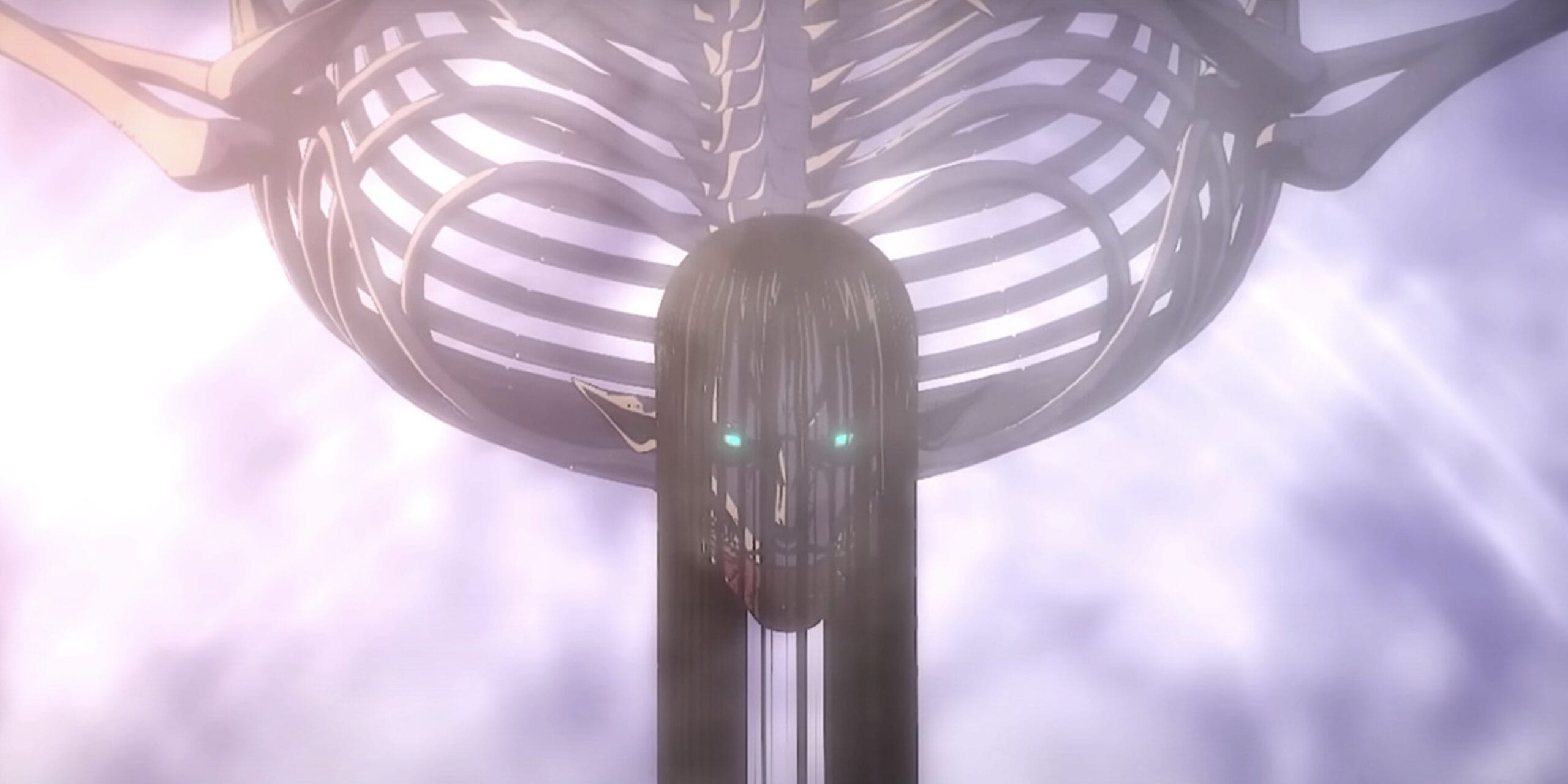
Looking deeper into the conclusion, the decisions that defined Eren Yeager’s fate and sealed Paradis’ future were controversial but purposeful.
According to Yui Ishikawa, the voice actor for Mikasa Ackermann, there were multiple factors behind Mikasa’s choice to kill Eren in the end.
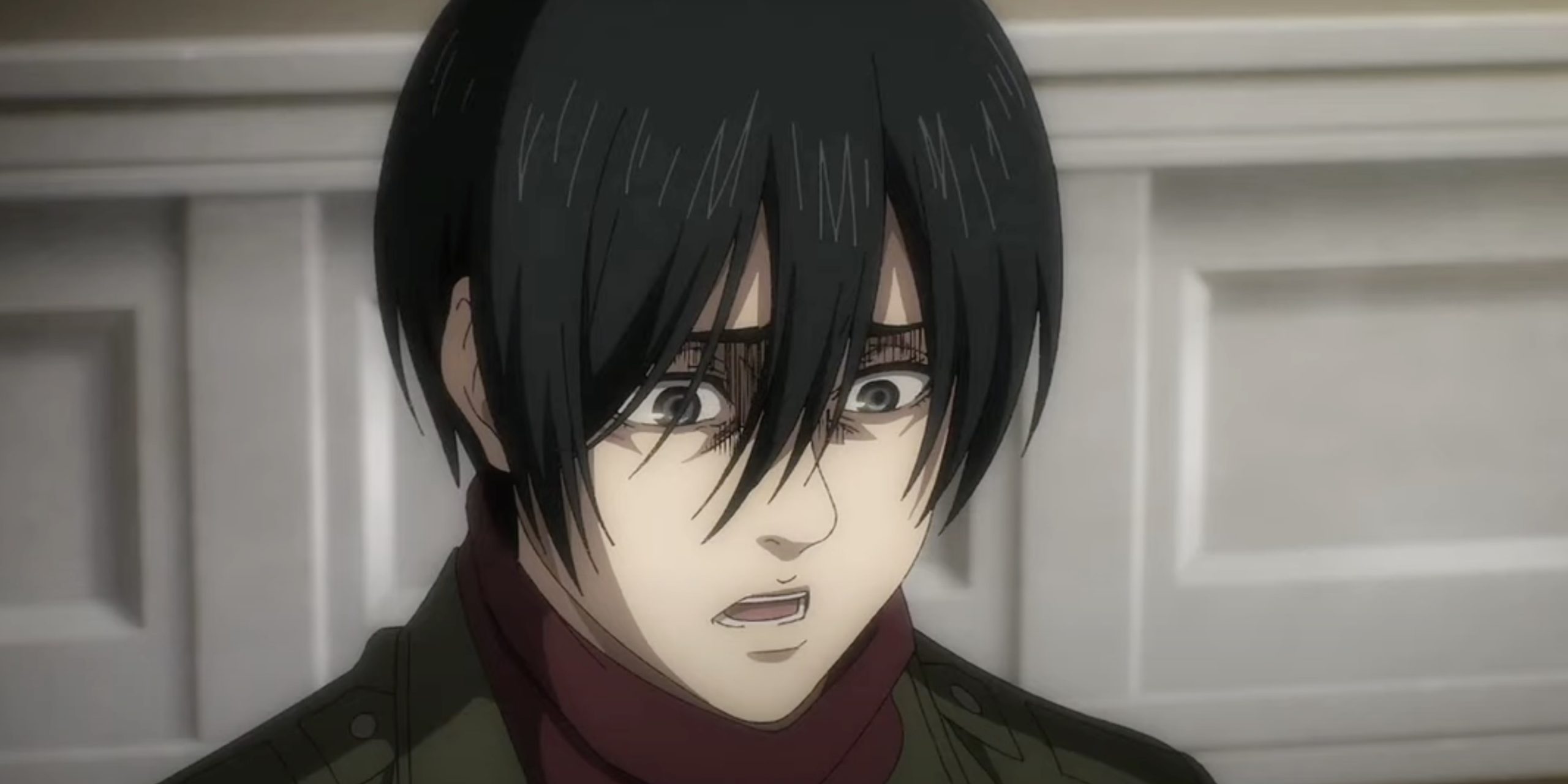
More than just her instinct to save humanity, Ishikawa believes Mikasa intended to free Eren from further suffering in addition to opposing the global genocide he helped unleash.
This sentiment has sparked some debate amongst fans in the aftermath of the manga and anime finale.
Yui Ishikawa’s Opinion and Fan Reactions
The opinion recently shared by Yui Ishikawa about Mikasa’s motivations for killing Eren at the end of Attack on Titan has sparked controversy and debate among fans.
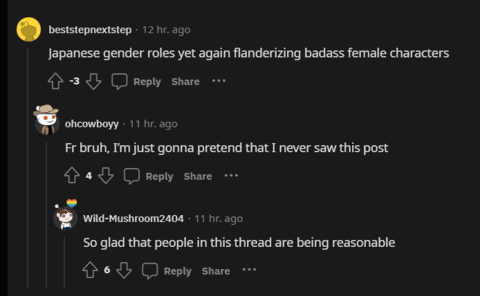
Several critics feel that her entire arc revolves around her love for Eren, even when confronting his role in genocide. To them, her final choice still centers on Eren rather than a wider moral stance.
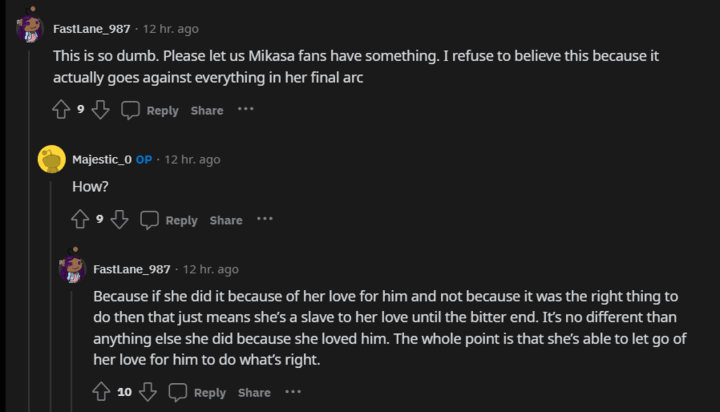
Others already dissatisfied with the ending’s narrative issues feel that Ishikawa’s perspective doesn’t improve or redeem that dissatisfaction.
However, some Mikasa supporters argue that her ending shows progress in moving beyond blind devotion to Eren to pursue right over wrong. Killing Eren solely to spare him suffering seems to clash with and undermine that progression toward independence.

More severely, whether ending one person’s misery should take priority over eighty percent of humanity’s lives lost taps into principles of reasonable characterization and morality that now feel contradicted.

Through a cultural lens, some suggest Ishikawa’s statements reflect longstanding patterns in Japanese pop culture of downplaying female empowerment in favor of supportive gender tropes.

The interpretations vary, but collective disappointment stems from the sense that Mikasa’s climactic arc may lean on and reinforce reductive stereotyping if solely guided by her intimate bond with Eren rather than emerging from her own agency.
More About Attack On Titan’s Ending
With Eren finally dead and the source of Titan’s abilities destroyed, the power held by Eldians for so long vanished – no longer could they transform into Titans. In the aftermath some years later, tensions lingered from all sides.
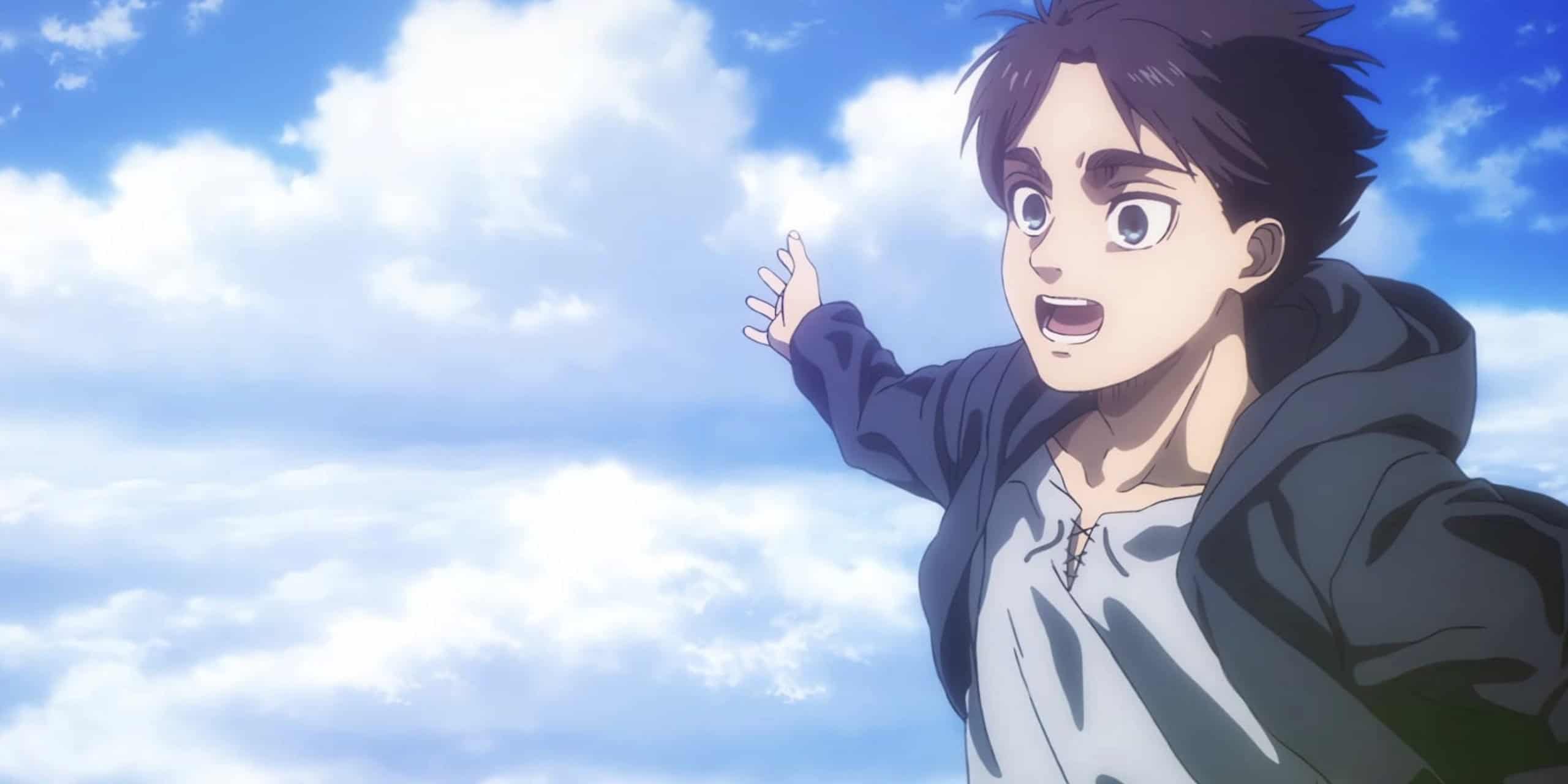
The Yaegerists, a faction of radical Eren supporters, grew even more extreme in Eldia itself. Meanwhile, the global community remained distrustful of Eldians despite no longer viewing them as an imminent threat.
As Armin and the other Eldian peace ambassadors departed for delicate negotiations, they understood why animosity persisted.
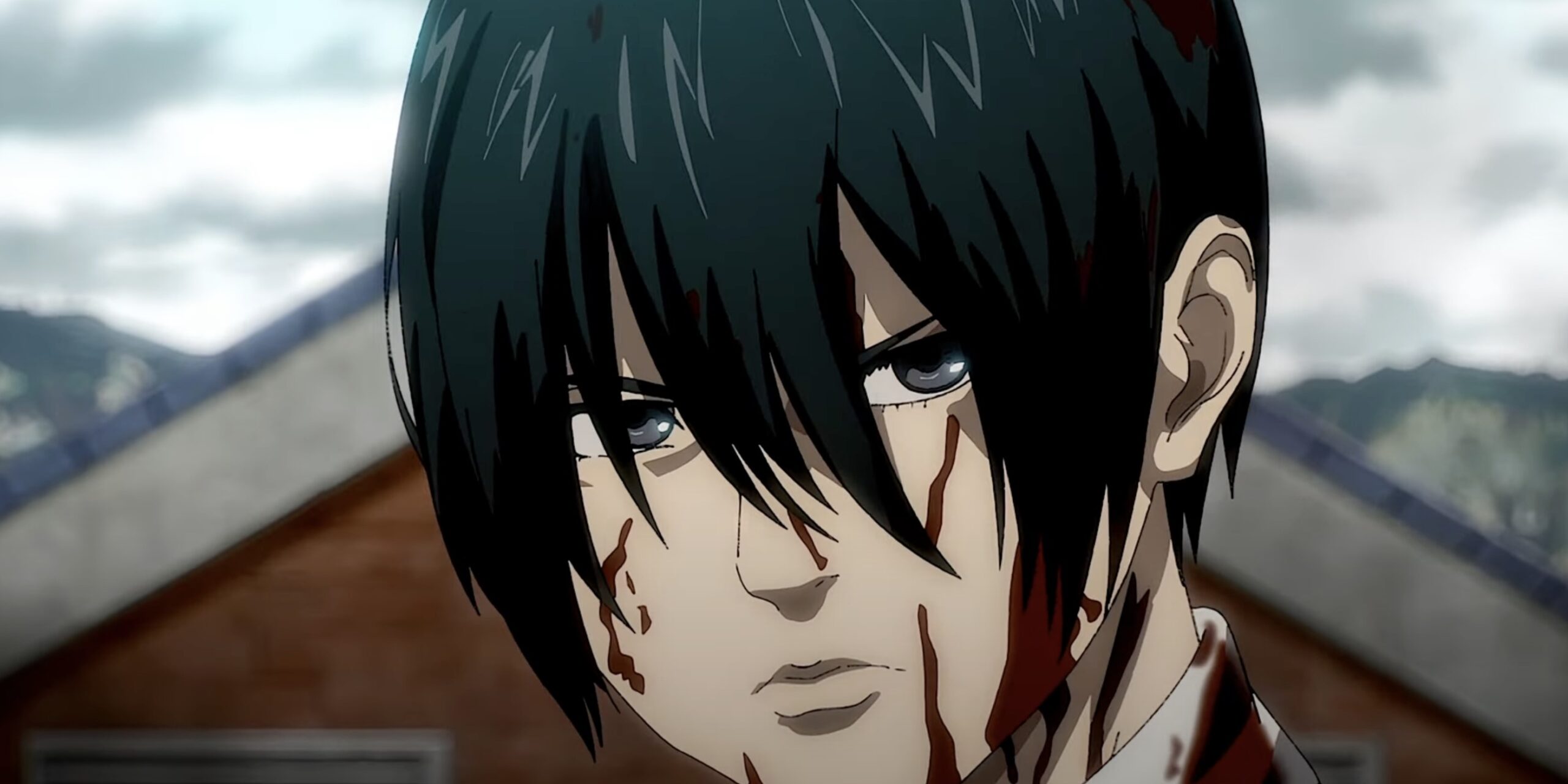
But Armin held out hope that open dialogue could pave the way for empathy and conflict resolution rather than propagating the cycles of retaliation.
However, the ending’s epilogue reveals that sometime in the future, Paradis does end up decimated – potentially but not definitively by outside forces.
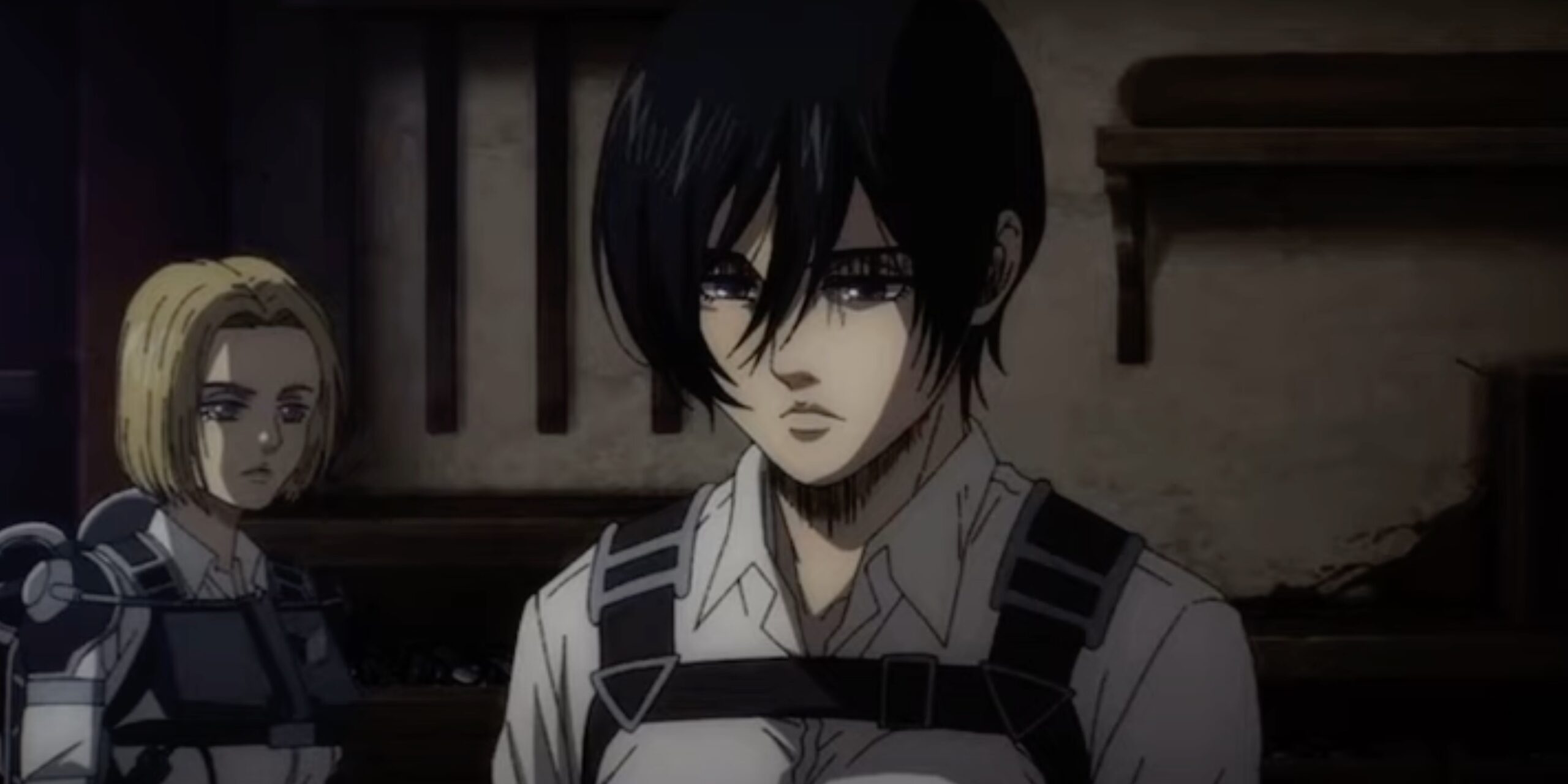
So sadly, Eren and Armin’s goal of breaking free from the cycle of violence between Eldia and humanity went unfulfilled.
The closing scene shows a young boy discovering Eren’s grave, now housing the reemergence of Titan’s abilities through the mystical tree where it originated.
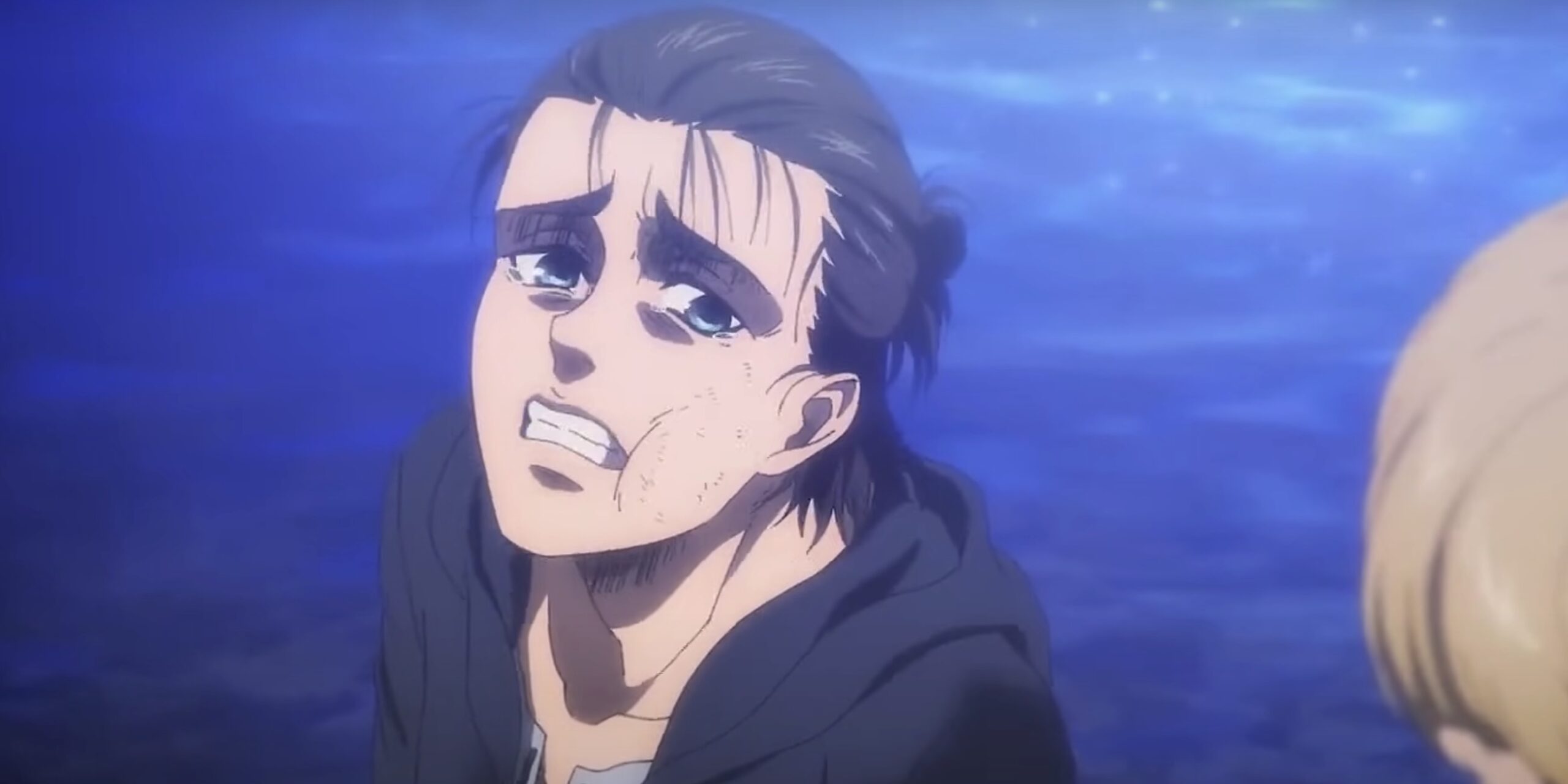
This hints that the power, threat, and hatred of Titans could return to fuel new rounds in the endless wheel of global conflict.
While Eren and the Eldians attempted reform, peaceful change proved too tall a task in the face of lingering resentment and radicalization both within and surrounding what was once Paradis.


